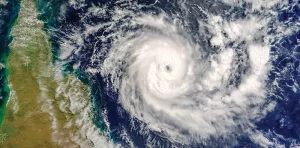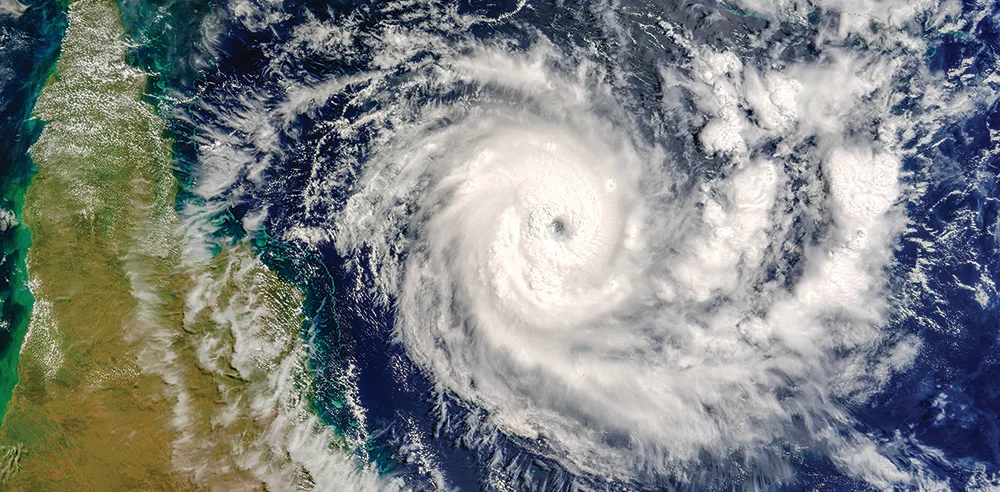As Hurricane Helene approaches, state health officials are emphasizing the importance of safety measures to minimize risks of flooding and damage. Dr. Scott Harris, Alabama’s State Health Officer, is advising residents to pay close attention to health and safety warnings. The actions taken now can be critical for ensuring safety and saving lives. An emergency order has been enacted to facilitate the accommodation of displaced individuals from affected healthcare facilities in Alabama, allowing these facilities to temporarily exceed their licensed bed capacities.

In the wake of power outages, it is vital to recognize potential hazards, particularly carbon monoxide (CO) poisoning. Generators, grills, and other combustion devices should never be used indoors or near open windows. Maintain a distance of at least 20 feet from doors and windows when using these devices. Since CO is a colorless and odorless gas, it poses a significant risk during emergencies when alternative power sources are sought. Symptoms of CO poisoning include headaches, dizziness, and confusion, and immediate medical attention is crucial if these symptoms arise.
When power is lost, food safety becomes a concern, especially for frozen and refrigerated items. A fully stocked freezer can maintain its temperature for up to 48 hours if the door remains closed, while a refrigerator can keep items cool for four to six hours under the same conditions. Discard any food that has been at room temperature for over two hours. If food has thawed but still has ice crystals, it can be refrozen, though its quality may suffer. Ensuring food safety is essential during these emergencies to prevent health risks.
For those who may need to use chainsaws during cleanup, adhering to safety guidelines is crucial. Operators should familiarize themselves with their saws, use proper protective gear, and maintain a safe distance from bystanders while cutting. It’s also important to ensure power lines are treated with caution; never touch downed lines and report them to your utility provider immediately. If you find yourself in a vehicle when a power line falls, keep moving away if possible, and remain in the car until emergency help arrives.
Finally, the aftermath of heavy rain and flooding can affect septic systems and well water safety. With potential contamination from floodwaters, residents should avoid using water from private wells until they are tested and deemed safe. For those with septic systems, limiting water use can alleviate stress on the system during heavy rainfall. After the storm passes, it’s wise to monitor and, if necessary, pump out septic tanks to ensure proper functioning. Taking these precautions can safeguard not only personal health but also the well-being of the community during this challenging time.

